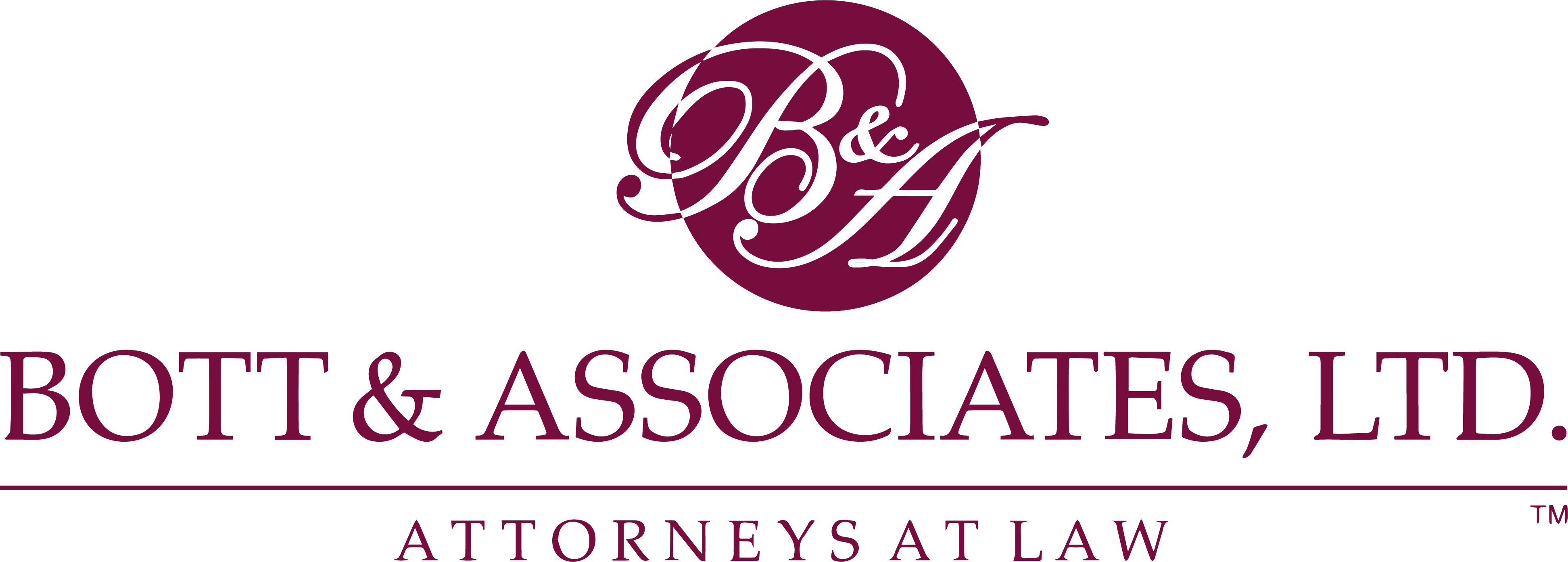Trust Lawyer

When you are considering planning out your estate, it may be a good idea to consult a trust lawyer in Schaumburg, Illinois for advice. If you’re unsure about whether or not a trust lawyer can help or whether you should have an estate plan, ask yourself the following?
- Do you have assets you would like to pass onto your family or friends?
- Are you interested in reducing your taxes?
- Would you like to safeguard your assets from creditors?
- Would you like to avoid probate?
- Do you wish to prevent any disputes over your assets from happening?
- Is protecting your children’s inheritance important to you?
If you answered ‘yes’ to any of the above, you should seek advice from a qualified Schaumburg, IL trust lawyer from Bott & Associates, Ltd.
Will Planning
A will is a legally binding document that names heirs who will receive any assets you own, and include in the will. It also can be used to appoint legal guardians for minor children or children who have special needs. A Schaumburg, IL trust lawyer can discuss with you the requirements of a will and what you should and should not include in it.
What a Will Cannot Accomplish
As the experienced team at Bott & Associates, Ltd might advise you, creating a will is important and it can accomplish many things, but it cannot accomplish everything. In fact, the reason why there are many types of estate planning tools is because like any other type of tool, each is intended to achieve a particular goal or set of goals. Our legal team assists members of the community with their estate planning needs and will provide the experienced legal insight necessary to achieve their goals. Similarly, a Schaumburg, Illinois trust lawyer can assist you with creating a will as well as any other type of estate planning tool, whether it’s a trust or a combination of alternative methods, that will serve your interests best.
It’s important to understand the limitations of wills so that you enter the estate planning process with a realistic expectation of what may be necessary to create a robust estate plan. Here is a short list of what a will cannot accomplish:
Certain Types of Property Cannot Be Bequeathed to Heirs in a Will
An experienced Schaumburg, IL trust lawyer can provide more information about possible exceptions to the following types of property that cannot be left to heirs using a will:
- Property that you have already transferred to a revocable or irrevocable living trust.
- Property that you own with someone else in a joint tenant arrangement.
- The proceeds of a life insurance policy for which you have named a beneficiary.
- A bank account for which you have created a payable-on-death to transfer the funds to a specified beneficiary.
- Property that is held in a transfer-on-death form such as bonds, stocks, vehicles, or real estate.
- Funds in an individual retirement account, pension plan, 401(k) plan or another type of retirement plan for which you have specified a beneficiary.
Avoiding Probate
You can choose to bequeath property to your heirs using a will, but this is not ideal. Property that is left to a loved one in a will may potentially be affected by the probate process. As a result, the designated heir will have to wait until the probate process is completed before they can inherit the property. Also, taxes may be an issue. A Schaumburg, IL trust lawyer can provide guidance about estate planning solutions that are more ideal than a simple will if you wish to leave property to a loved one.
Arranging Long Term Care for a Loved One who Has Special Needs
If you have a child or other loved one with special needs, a will is not the estate planning tool to use to designate funds or other assets to that individual. As a Schaumburg, IL trust lawyer may tell you, a trust is a better option for this scenario. In fact, you can create a special needs trust with the help of our team and in this way you can provide funds to your loved one without interfering with the benefits they receive from the government.
Trusts and Estate Planning
There are many types of trusts that can protect your heirs, save you money on taxes, protect you from creditors, and prevent from having to go through the probate process. Trusts take ample amounts of time and consideration, but can be invaluable to your estate. Let our trust lawyers help you to determine what trust is right for you.
Probate and Estate Administration
If you have been named the executor of an estate and, the testator has recently died, a trust lawyer from our Schaumburg, IL office can help you with the probate and administration process.
Services We Offer to Clients
No two estate plans are alike, but all require similar actions such as the following:
- Understand how your assets are owned
- Inventory all your assets to determine what you may owe and what you own
- Name heirs and beneficiaries
- Name trustee or executor
- Identify practical strategies to help you reduce the amount of property that goes through probate
- Help you to avoid the probate process all together
- Draft a will or trust
- Evaluate any insurance policies
- Identify ways to reduce taxes and the distribution of your estate
- Review and update your estate plan as needed
- Plan for the expenses of your funeral
- Plan for ways in which your debts will be paid
By planning for all of the above, you can ease any burden that may be placed upon your beneficiaries and ensure all important tasks will be carried out in an orderly manner.
Call Bott & Associates, Ltd for a Complimentary Consultation Now
If you’re prepared draft an estate plan that safeguards your assets and your beneficiaries, it may be the time to call a trust lawyer.
For a consultation with a leading trust lawyer Schaumburg, IL clients trust from Bott & Associates, Ltd, call our office now.
What Factors You Should Know About Living Trusts
Creating a living trust can be intimidating for many people, to say the least. When it comes to making decisions for how you want your belongings handled after your passing, people can become understandably emotional. Thinking about a time when you are no longer with your loved ones can be very stressful. While this task may seem scary at first, do keep in mind that the overall intention is to help ensure your legacy is carried on to those you cherish the most in life.
Whether you are just starting to create a living trust or need a refresher, you may find the following tips offered by a Schaumburg, IL trust lawyer useful. For more detailed information, contact Bott & Associates, Ltd.
How do I know what type of living trust is right for me?
There are two types of living trusts, revocable or irrevocable trust. Depending on your life circumstances, one may be more suitable than the other. With revocable trusts, the trustor is able to make changes to the document throughout the course of his or her lifetime. This includes being able to change beneficiaries, deleting the trust altogether or adding more assets. However, the creator of the trust is considered the owner by law and the estate shall be taxed while the person is still alive.
An irrevocable trust cannot be changed once it has been created. The trustor is essentially giving up his or her rights to the trust contents by writing this kind of trust. The appointed successor trustee is the person who shall manage the creator’s trust, instead. The benefit of this type of trust is that since the creator is no longer viewed as the owner, the estate can avoid taxation.
What is a special needs trust?
Individuals who want to provide funds for a beneficiary that is currently getting funding from the government can benefit from establishing a special needs trust. In general, a person who receives inheritance of a monetary value may be disqualified from getting support from the government. By creating a special needs trust, the beneficiary can still be eligible for government aid.
What qualities should I look for in my successor trustee?
Your successor trustee can be a family member, close friend, business partner, independent party, or another individual you trust to handle your assets in the event of your passing. While this person does not necessarily have to be knowledgeable about trust legalities, you may want to appoint someone who is responsible and cares deeply for you. Do keep in mind that the successor trustee may have to deal with grieving, emotional, and agitated family members after your passing, too.
What if I have questions while writing my living trust?
If you have questions or concerns while writing your living trust, you can contact a trust lawyer Schaumburg, IL clients recommend for advice. Call the legal team from Bott & Associates, Ltd.today to set up a consultation to discuss what your estate planning needs may be.

